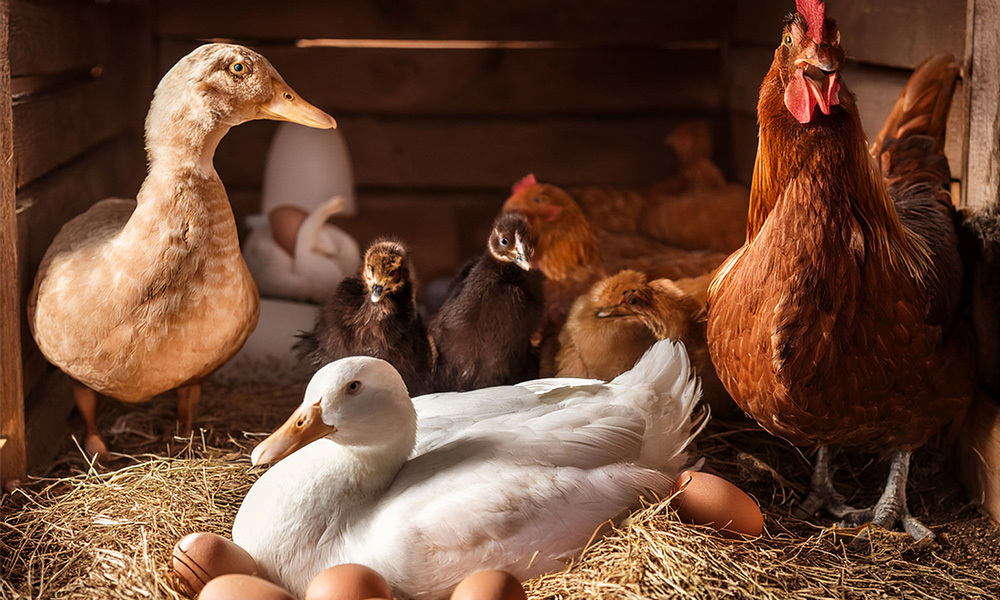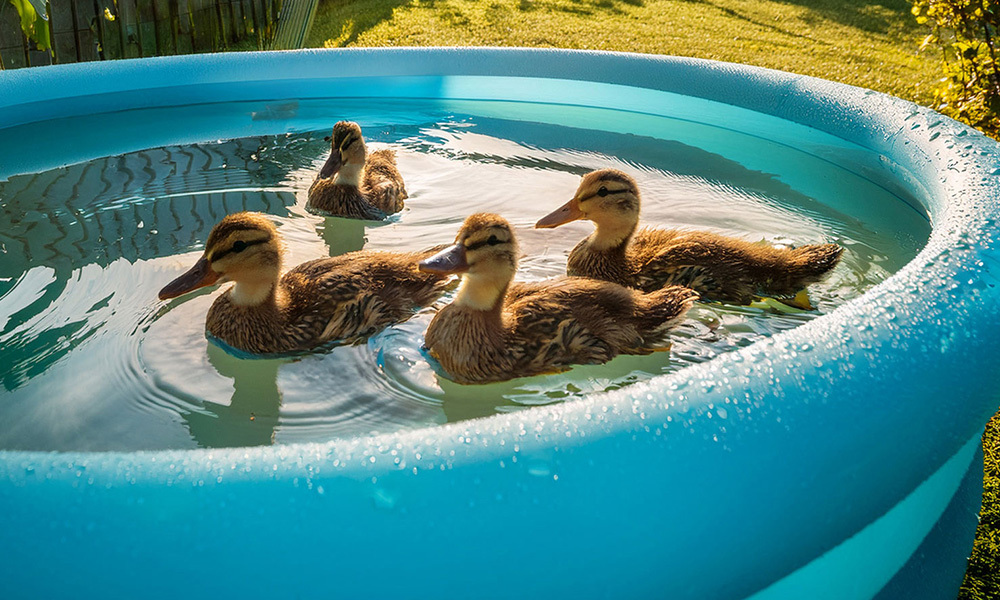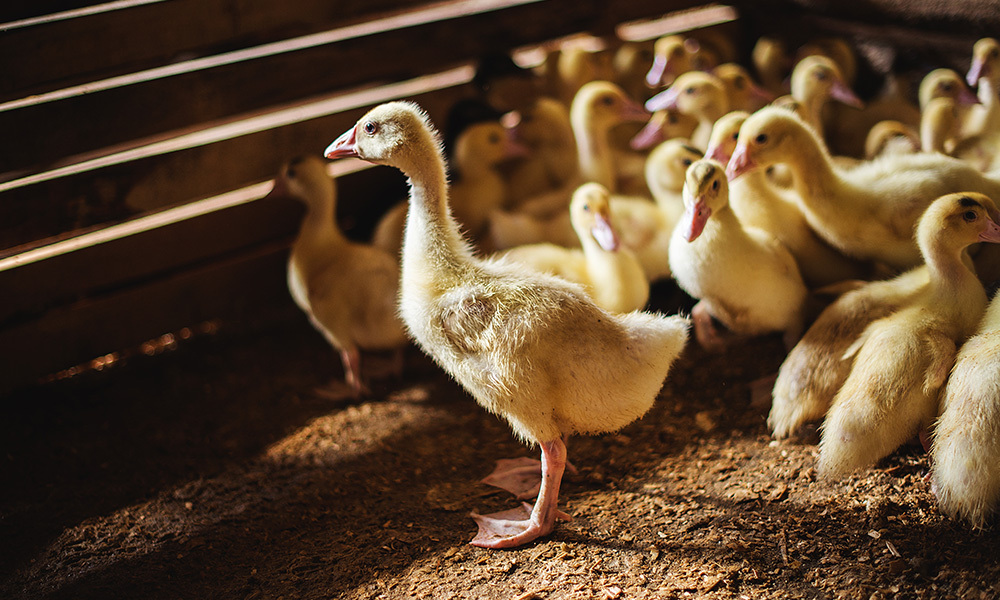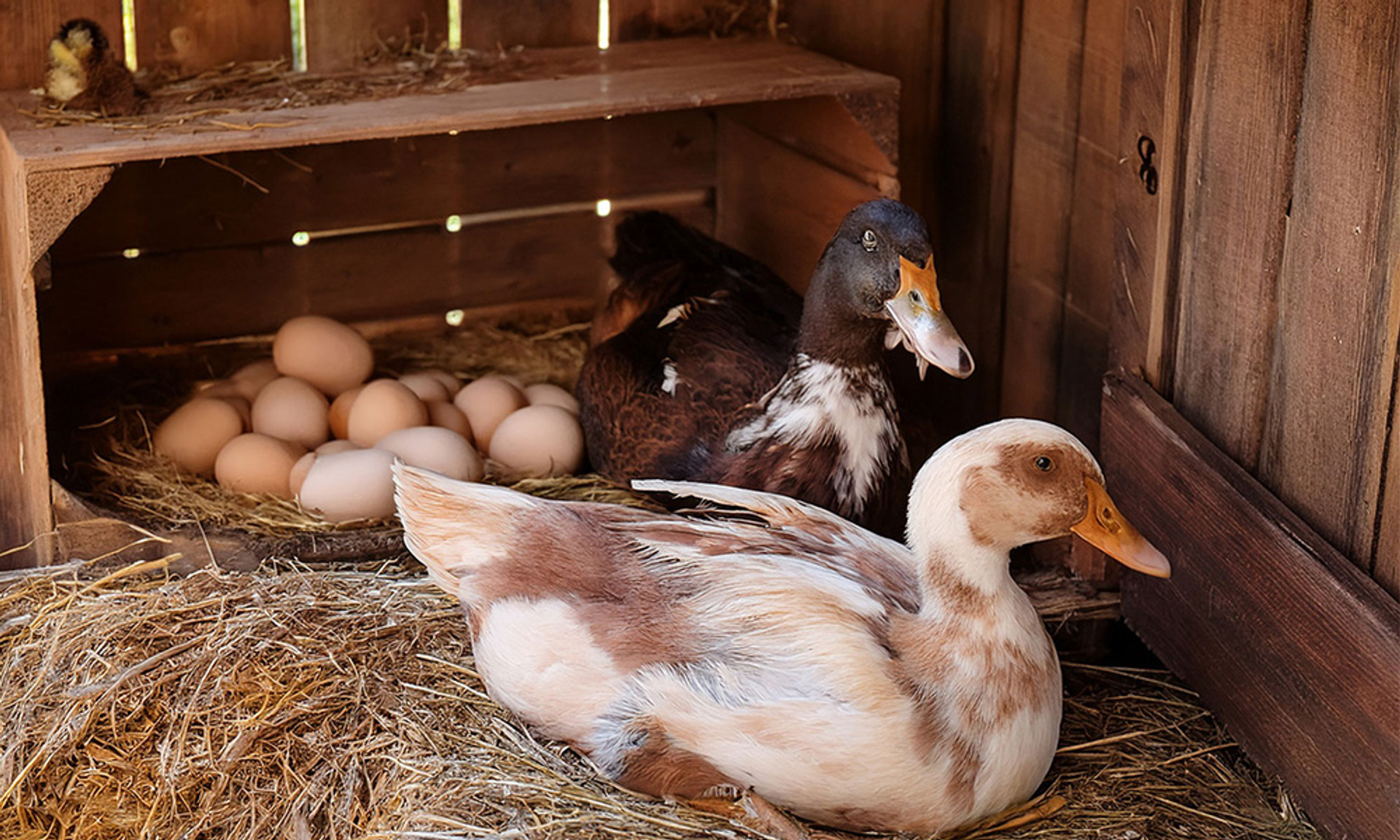Why Ducks are a Valuable Addition to Egg-Laying Flocks on Large Farms and Homesteads
With chicken shortages affecting availability across the U.S., now is the perfect time to consider adding ducks to your existing flock. Ducks are excellent egg layers that complement chickens well, offering consistent production, unique benefits, and reliable performance. Whether you're expanding your poultry operation or starting fresh, ducks can help diversify and strengthen your egg supply.
Top Reasons to Raise Ducks Alongside Chickens
High-Yield Egg Production
Some duck breeds, like the Khaki Campbell, Golden 300 and Indian Runner, are egg-laying powerhouses, producing 250–340 eggs per year! Raising ducks alongside your chickens ensures a more stable and plentiful egg supply, even as chicken availability varies.
Year-Round Laying – Even in Winter!
While chickens often slow down or stop laying during cold months, ducks continue producing eggs consistently year-round. This makes them a dependable addition for farms that rely on a steady stream of eggs, especially during seasonal lulls.
Larger, More Nutritious Eggs
Duck eggs are bigger and richer in protein and healthy fats compared to chicken eggs, making them highly desirable for baking and gourmet cooking. Their longer shelf life also adds convenience for on-farm storage and sales.
Hardy & Ideal for Pasture-Based Systems
Ducks are resilient birds that handle variable climates and weather conditions with ease. They are excellent foragers and can help reduce your pest load while grazing on weeds and bugs. Adding ducks to your pasture setup complements the work your chickens already do.
Natural Pest Control
Ducks are champions at keeping insect populations under control. From slugs to mosquitoes, they offer a natural, chemical-free method for reducing pests on your land, creating a healthier overall environment for all your livestock.

Can Ducks and Chickens Live Together?
Absolutely! Ducks and chickens can live in harmony when given a well-managed shared space. While ducks don’t roost like chickens, they’ll do well in a dry, bedded area on the coop floor. To prevent water issues, ducks should have a separate deep water source away from the main coop area. With some thoughtful coop and run planning, your birds can comfortably coexist.

What You Need to Know Before Adding Ducks to Your Farm
Ducks are easy to integrate with just a few adjustments. If you're already raising chickens, you're well on your way. Here's what to know:
Housing Adjustments – Ducks need more floor space and a low-entry shelter. They prefer ground-level bedding to perches, and proper ventilation helps maintain dryness.
Water Needs – You can actually have your ducks drink from a traditional chicken nipple waterer, so they don’t necessarily need a separate water source. However, if you do provide a larger open container, ducks will usually make a mess—that’s one of the main reasons some people shy away from them. The key is to give them fresh, clean water in a designated area where they can clean themselves without soaking the whole coop. This small setup change can save you a major headache in maintenance.
Feed Considerations – Ducklings need extra niacin during early growth. You can supplement chick starter feed with brewer’s yeast or choose a feed formulated for ducks.
Brooder Setup – Ducklings grow rapidly and require a dry, warm brooder setup. Frequent bedding changes will keep them healthy and happy in the early weeks.
Adding ducks is an easy upgrade for most farms and homesteads—and one that quickly pays off in consistent, quality egg production.

Pre-Order Your Ducklings Today!
Whether you're supplementing your chicken flock or expanding into ducks for the first time, now is the time to act. Pre-order your ducklings today and enjoy reliable, high-output egg layers that thrive year-round. Choose from Khaki Campbells, Indian Runners, or Pekins—perfect companions for your existing birds.
Order now to boost your egg supply and keep your farm producing strong all season long!
➡️ [Shop Now]

